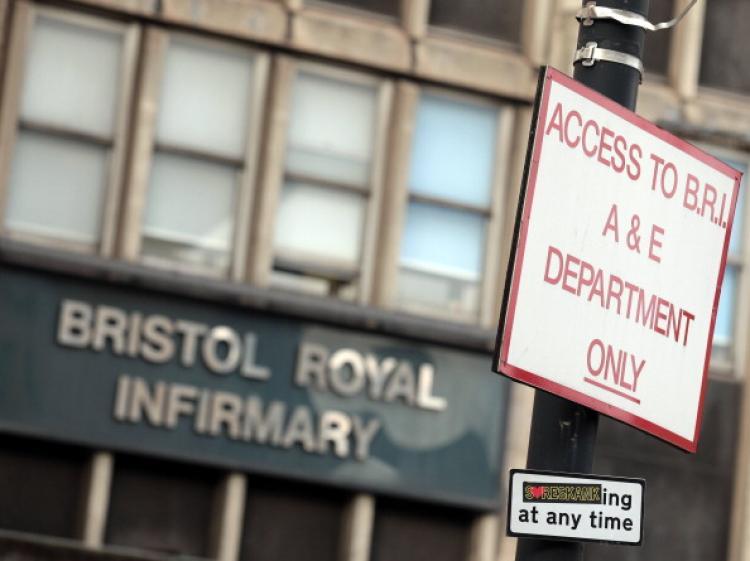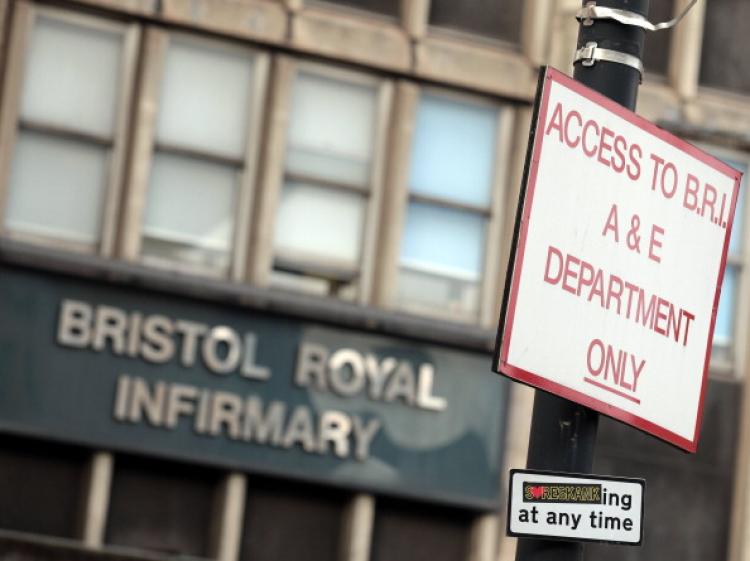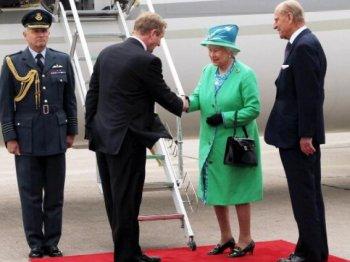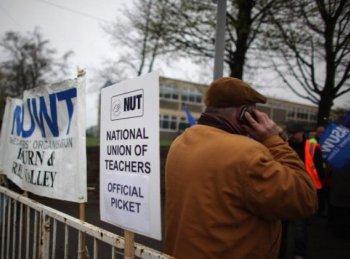NHS Reform Has Cameron Defending
NHS reform is widely criricised while PM says it would allow greater efficiency and better provision of service.
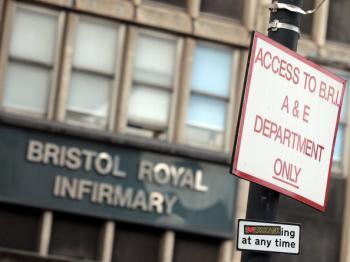
Bristol Royal Infirmary, which is ear-marked for a multi-million pound refurbishment, has wards dating back to 1735. One in five NHS buildings were built before 1948, the year the NHS service was founded, a report by the Department of Health found. Matt Cardy/Getty Images
|Updated:
